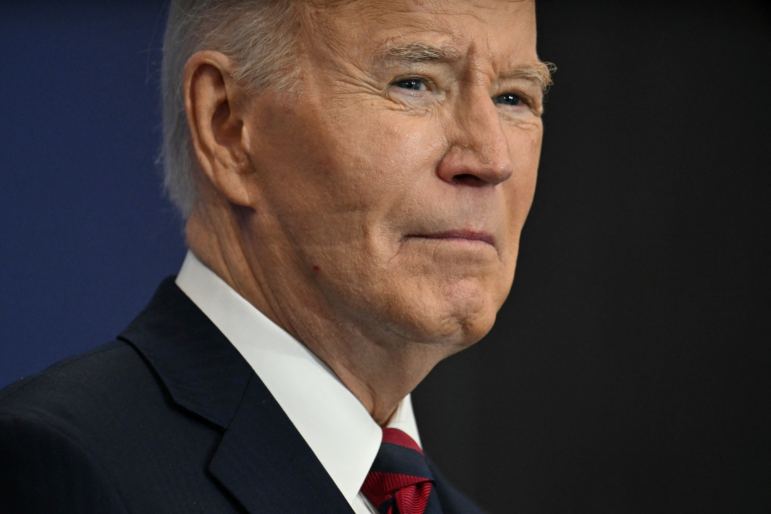President Biden on Thursday announced he is commuting the prison sentences for nearly 1,500 people and pardoning 39 others in what the White House said was the largest act of clemency in a single day in modern presidential history.
The 1,500 people — whose names were not immediately provided — had been serving long prison sentences that would have been shorter under today’s laws and practices. They had been on home confinement since the COVID pandemic and Biden said they had successfully reintegrated into their communities.
The pardons went to people — also unnamed — who had been convicted of nonviolent crimes, including drug offenses, who the White House said had “turned their lives around.”
It has become a recent traditional for presidents to exercise their pardon power with a flurry of pardons and commutations at the end of their time in office. Democratic lawmakers and advocates are lobbying Biden to commute the sentences of the 40 people on federal death row and use his clemency power to begin to address sentencing disparities and mass incarceration.
Biden said he plans to take more steps in his remaining weeks in the White House.
“My Administration will continue reviewing clemency petitions to advance equal justice under the law, promote public safety, support rehabilitation and reentry, and provide meaningful second chances,” Biden said.
Biden is still getting criticized for his decision earlier this month to issue a blanket pardon to his son Hunter Biden, who had been convicted on gun and tax charges. It was a personal decision the White House says, made outside of the established process for determining presidential pardons and commutations.
Even before Thursday’s announcement, Biden had issued more commutations than any other recent president by this point in their first term, the White House said.
Biden has also issued categorical pardons to people convicted under federal law of simple use or possession of marijuana, and to LGBTQ+ people who had been convicted because of the sexual orientation while serving in the military.

